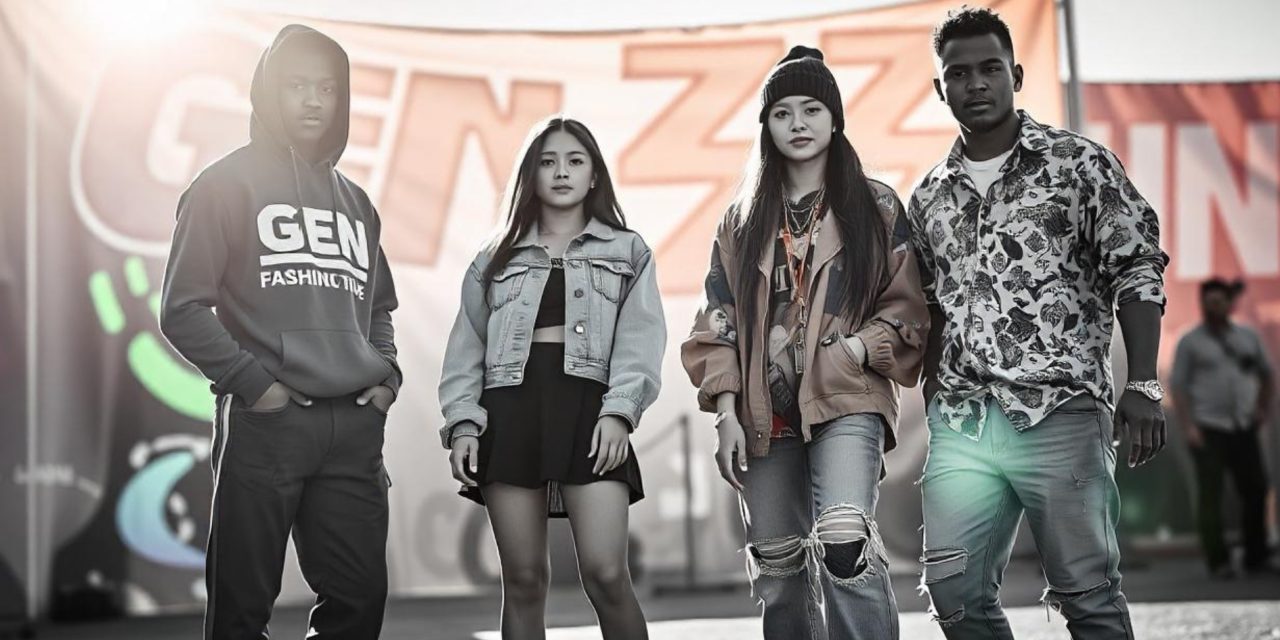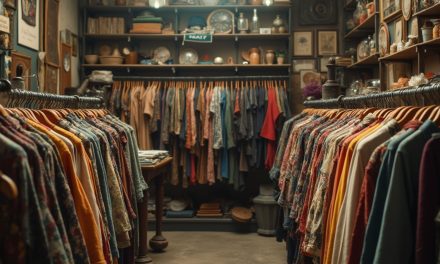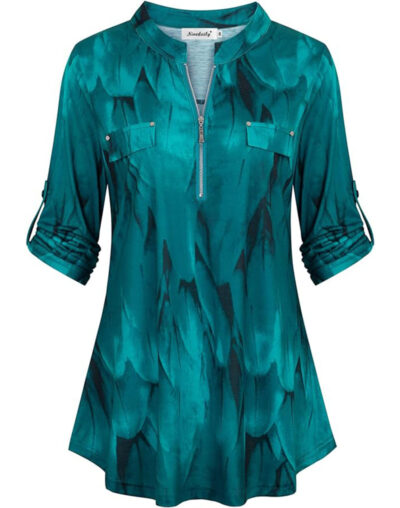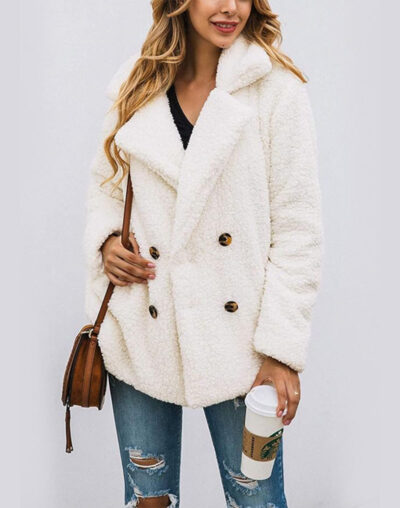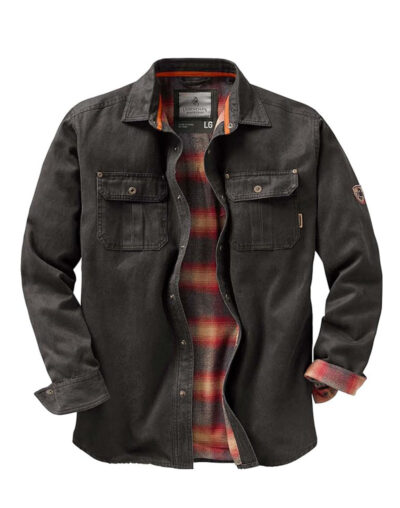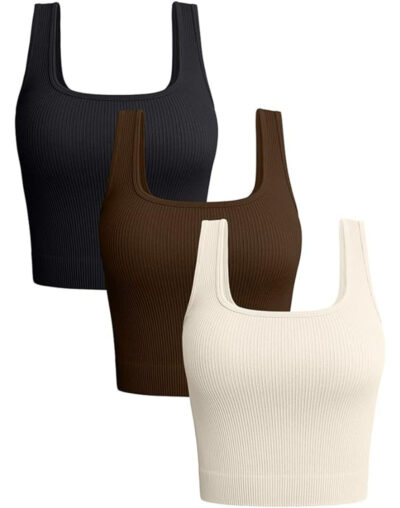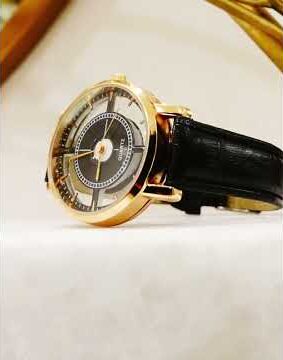Despite its widespread embrace, Gen Z aesthetics have faced several criticisms. These controversies are related to cultural appropriation, authenticity, and concerns regarding overconsumption. Some also slam the perpetuation of fast fashion trends.
These criticisms stem from the use of cultural elements without understanding their significance. This often leads to accusations of exploitation and insensitivity. The mass production and rapid turnover of fast fashion also contribute to environmental degradation. Worse even, these practices perpetuate the cycle of “disposable” clothing.
The push for authenticity in fashion also raises questions about the genuine expression of personal style versus the pressure to conform to fleeting trends. These concerns have sparked meaningful conversations around sustainable and ethical fashion practices within the Gen Z community. Read on to learn the controversies surrounding Gen Z aesthetics.
Cultural Appropriation
Cultural appropriation has been a notable criticism directed at Gen Z aesthetics. Often, the fashion industry grapples with the delicate balance of drawing inspiration from diverse cultures while respecting their inherent diversity and significance.
This concern highlights the importance of fostering greater awareness and sensitivity towards cultural diversity within fashion culture. As Gen Z continues to shape and influence trends, there is a growing need for inclusivity. There’s also a need to understand the origins and meanings behind fashion styles and aesthetics.
It’s essential for designers and brands to prioritize respectful representation and collaboration with diverse cultural communities. This is better than perpetuating stereotypes or appropriating elements without proper acknowledgment.
By embracing genuine inclusivity and cultural exchange, the fashion industry can move towards a more respectful and harmonious approach.
Lack of Authenticity
Critics have pointed out a perceived lack of authenticity in certain manifestations of Gen Z aesthetics. These individuals raise questions about the genuine expression and preservation of fashion identity within the evolving style landscape.
This criticism underscores the importance of maintaining the integrity of individual style choices. Authentic self-expression is a defining element of fashion identity. As such, Gen Z needs to embrace their unique perspectives and preferences.
While trends and influences can shape aesthetics, retaining a sense of authenticity in personal fashion choices is essential. By cultivating genuine self-expression, individuals can contribute to a more diverse and inclusive fashion landscape. This sort of landscape celebrates the richness of personal style.
Overconsumption and Fast Fashion
Overconsumption and the perpetuation of fast fashion trends have raised valid concerns within the context of Gen Z aesthetics. This has prompted a critical reevaluation of fashion consumption habits and their environmental impact.
This generation is often criticized for its reliance on disposable, trend-driven clothing. Unfortunately, this often leads to substantial waste and exploitation of natural resources. Gen Z tends to embrace constant aesthetic shifts. So, the industry is increasingly urged to consider more sustainable production and consumption practices.
Ethical considerations are becoming a focal point in this sector. There are now more consumers who advocate for transparency in the supply chain and environmentally responsible materials. Such individuals challenge the conventional norms of the fast fashion industry.
The growing momentum for a shift towards mindful and eco-friendly fashion choices reflects Gen Z’s evolving consumer behavior.
The Bottom Line
As Gen Z aesthetics continue to evolve, they spark vital conversations about authenticity, cultural sensitivity, and sustainable practices.
While these trends offer exciting expressions of individuality, they also bring to light the darker sides of fashion, including overconsumption and cultural appropriation. By addressing these controversies, we can foster a more inclusive and responsible fashion landscape.
Curious to dive deeper into the world of fashion critiques and discover sustainable alternatives? Visit You’re In Style for insights, tips, and inspiration to navigate the ever-changing landscape of style!
